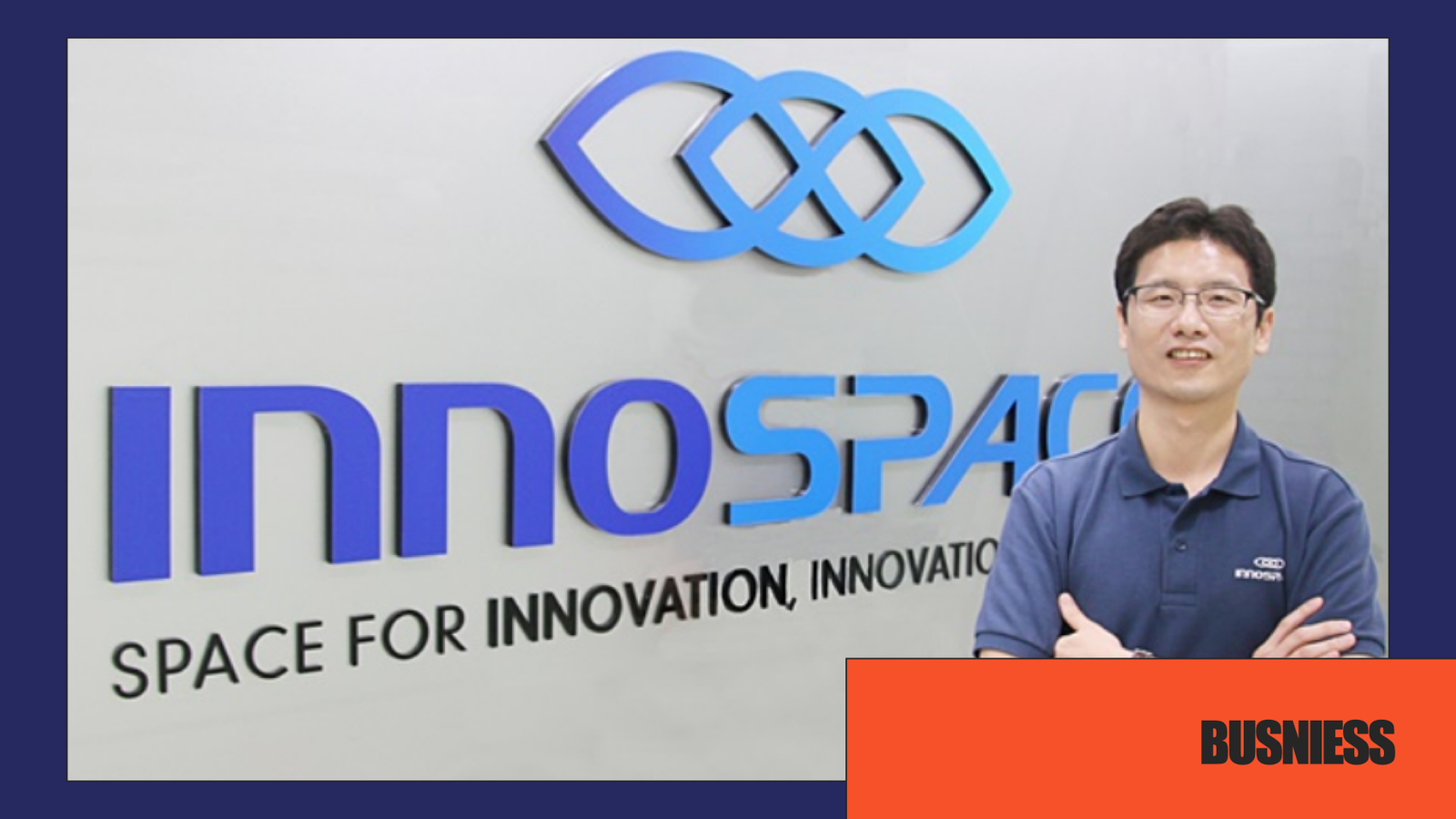Innospace, the South Korean space development startup dubbed the “Korean version of SpaceX,” has successfully test-launched its engine verification test vehicle ‘Hanbit-LTV’. This marks a significant milestone for the company as it has now demonstrated its ability to manufacture a launch vehicle for the transportation of small satellites. Innospace’s achievement follows in the footsteps of Elon Musk’s SpaceX, which began with the ability to transport small artificial satellites, and signals the emergence of private companies that launch artificial satellites in Korea.
According to Innospace, the Hanbit-LTV was launched from the Alcantara Space Center in Brazil on the 19th of March at 2:52 pm (local time). The engine burned for 106 seconds, and the vehicle flew normally for 4 minutes and 33 seconds before landing safely in the Brazilian Maritime Safety Area. Although the combustion time was 12 seconds shorter than the engine burn time planned by Innospace, the company confirmed that the engine had operated normally and maintained thrust stability.
This successful launch has allowed Innospace to demonstrate its ability to provide commercial launch services, using its own engine technology. CEO of Innospace, Kim Soo-jong, stated that the company can now knock on the door of the global space launch service market.
Innospace’s Hanbit-LTV is equipped with a hybrid engine that uses solid fuel and liquid oxidizer. This engine is simple in structure and adjustable in thrust, offering a number of advantages. The company has used paraffin material for the solid fuel, which has a faster combustion speed compared to solid fuel used in existing hybrid projectiles. This has resulted in improved thrust performance of propulsion engines.
Going forward, Innospace plans to start a satellite launch service from next year using the Hanbit-Nano, which will be produced based on the engine performance verification. This marks a significant achievement for Innospace and reinforces the potential of South Korea’s growing space industry.

